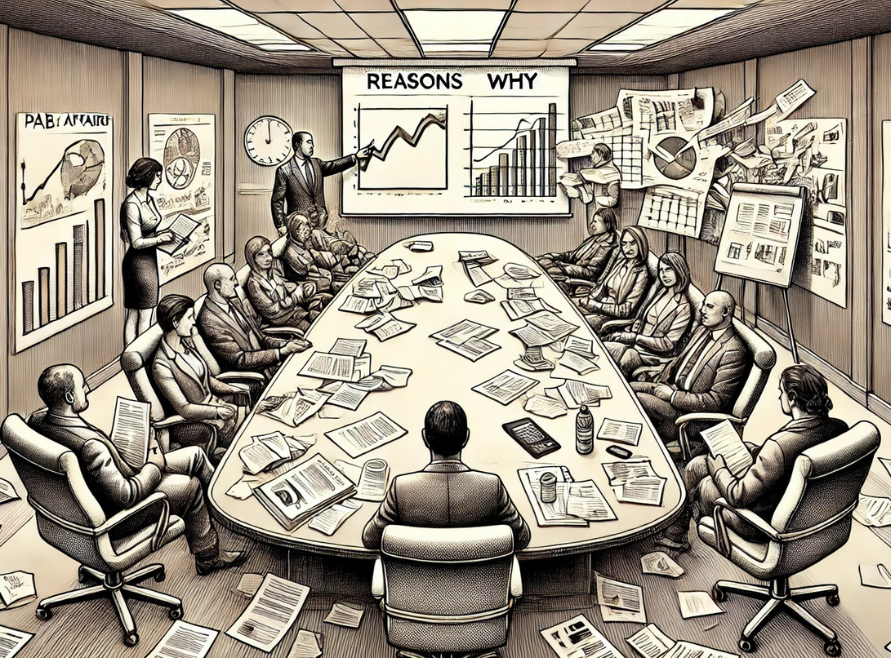While it may be wise for any organization to maintain a serious communications program, hiring an external PR agency is not always necessary. This is particularly true for larger organizations with a strong internal team dedicated to a specialized communications department. If you are considering developing an in-house team, here are some factors to weigh:
Build a Skilled Team:
Hire a VP of Communications with a strong background and a proven track record. A well-rounded team should include enough members to provide a diverse skill set—design, writing, media relations, and digital/social media. In larger organizations, consider appointing a dedicated communications contact for each department, such as investor relations, HR, marketing, governmental affairs, corporate responsibility, and consumer affairs.
Give Communications a Seat at the Executive Table
Most companies and organizations recognize the importance of communication and, consequently, include the VP or head of communications in all executive and key strategic meetings.
Develop a Comprehensive Plan:
Make sure your team understands its role and objectives and that the plan aligns with your broader goals, messaging, and target audiences.
Develop a Proactive Crisis Communication Plan:
Having a crisis communication plan is essential for your organization. Creating this plan should remain a top priority based on your industry and risk level.
Media Relations:
In alignment with your objectives, the team and company representatives should consider building a network of relationships with journalists, bloggers, and influencers within your industry. Furthermore, ensure you prepare a detailed digital press kit.
Social Content Strategy & Development:
Your team should create a compelling narrative about your brand, mission, and more, emphasizing how to set yourselves apart from competitors or others vying for attention. Your social media team should establish an editorial calendar for digital content and devise strategies to boost your online presence as necessary.
Monitoring and Analytics:
Establish a media monitoring system and methods to assess the performance and effectiveness of the communications program.
Budget Management:
Keep a detailed monthly record of expenditures compared to the original plan.
While building an in-house communications team can be highly effective for many organizations, it’s not a one-size-fits-all solution. There are times, external support is not just helpful but essential—whether for managing a high-stakes project on a tight timeline, providing a fresh perspective on a long-standing issue, or accessing specialized expertise that may not be available internally. External agencies can offer agility, objectivity, and the ability to scale resources up or down as needed.
Ultimately, the decision to keep communications in-house or partner with an external firm should align with your organization’s goals, capacity, and evolving needs. Regularly assessing your communication strategies, evaluating your team’s strengths, and staying flexible will ensure your efforts remain effective, whether driven internally, externally, or through a hybrid approach. The key is to build a team—whether in-house, outsourced, or a combination of both—that aligns with your organization’s unique mission and objectives.
Hector Barajas is one of the nation’s top political strategists and a trusted political and legislative analyst for Univision and Telemundo. He is the CEO and President of Amplify360 Inc., a nationally recognized public affairs and public relations firm. Learn more at www.Amplify360inc.com.





